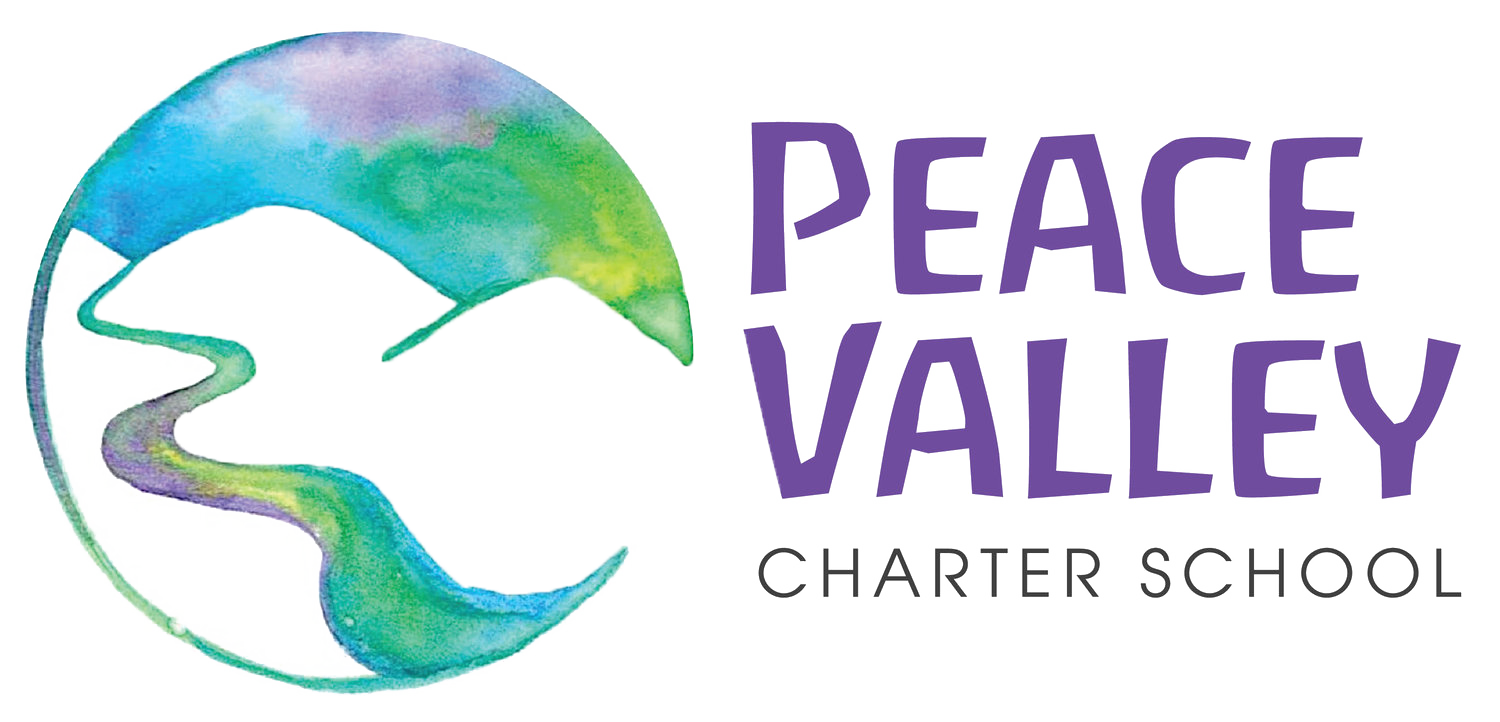Why Choose Waldorf?
Waldorf education is the fastest growing independent school movement in the world.
Waldorf education is based on an innovative school started in Stuttgart, Germany in 1919 by the Austrian philosopher, scientist, and thinker Rudolf Steiner. Responding to a request to start a school during the cultural upheaval in Germany following World War I, Steiner outlined a model for education that has since inspired many schools called “Waldorf” after the first Steiner school.
At its very inception, the first Waldorf school embraced a sense of equity and social responsibility: educating boys and girls together, being open to all children, stretching across a wide range of grades, and involving teachers in school governance. Underlying all instruction is a threefold model of human development which acknowledges how, in different stages, children grow in their capacities to will (move and do), to feel, and to think. Peace Valley’s approach to education is built on this rich Waldorf philosophy.
A large body of evidence from the last 20 years of neuroscientific inquiry supports the fundamental principles of Waldorf education. The timing and organization of brain development are prime considerations in establishing the optimal sequence for learning, as is the knowledge that the brain operates optimally when all parts are equally developed, valued, and engaged. The Waldorf methods’ holistic approach is designed to stimulate optimal brain functioning and follow a developmentally appropriate sequence to educate the child’s whole being and integrating thinking, feeling, and doing.
The foundation of Waldorf inspired education lies in providing the right experience at the right time.
PUBLIC WALDORF EDUCATION
We provide a comprehensive education program integrating academics, arts, movement, nature, and social responsibility into everyday learning.
Learn more
How do we prepare our students for the future?
The world is constantly evolving and technology changes. Knowing what career fields will exist when our students graduate is anyone’s guess. What we do know is the future will need self-aware, compassionate, capable human beings who will make the world a better place. Peace Valley seeks to develop these capacities in its students through:
A rigorous academic program that helps students develop clear, creative thinking
A supportive social environment that builds students’ self-awareness and their interest in others
An education that develops the essential humanity of each child and addresses the whole human being
Daily classes in fine arts and practical arts that teach students to express themselves and to deal with the world with confidence




